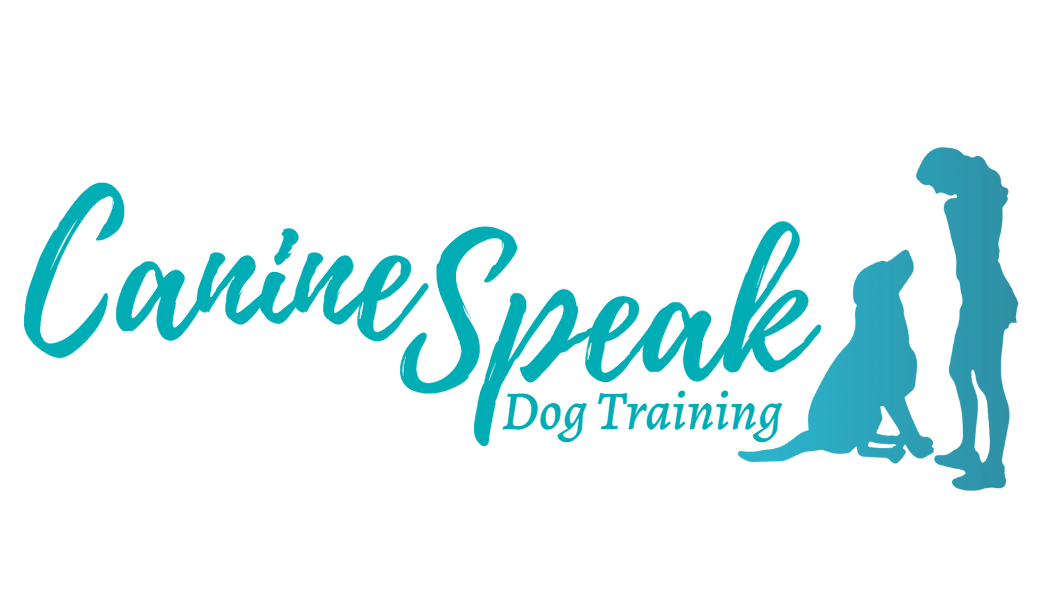How to Train a Goldendoodle: A Trainer’s Tips for a Well-Behaved Pup
Goldendoodles are a mixed breed dog resulting from a cross between a Golden Retriever and a Poodle. As a combination of two intelligent and active breeds, they often require dedicated training, exercise, and mental enrichment to thrive. Like all dogs, they have unique needs and characteristics that owners should be prepared for, including a love of retrieving, a need for regular grooming, and high social and physical activity levels. If you’re bringing home a Goldendoodle, here’s some things you need to know about training and raising a well-behaved, happy pup!
Understanding the Goldendoodle Temperament
Goldendoodles are a mix of two retriever breeds: the Golden Retriever and the Poodle. Both breeds were originally bred to work closely with humans, specifically for retrieving waterfowl. This means Goldendoodles tend to be highly social, intelligent, and energetic. To raise a happy, well-adjusted Goldendoodle, owners must honor these traits by providing ample opportunities for exercise, training, and mental enrichment. They often love to retrieve, swim, and engage in interactive play.
Best Training Methods for a Goldendoodle Puppy
The best way to train a Goldendoodle puppy is through positive reinforcement—rewarding behaviors you like to encourage repetition. Reinforcements can include treats, praise, toys, or access to activities your puppy enjoys, such as playing fetch or going for a walk.
However, positive reinforcement alone isn’t always enough. The environment itself can be highly rewarding, with tempting shoes to chew or squirrels to chase. That’s why management strategies—such as using baby gates, crates, and leashes—are essential to prevent unwanted behaviors until your puppy learns appropriate habits.
Common Behavioral Challenges in Goldendoodles
While every dog is unique, many Goldendoodles share some common training challenges, including:
Mouthiness (nipping and chewing): This is natural due to their retriever heritage, but redirecting them to appropriate chew toys can help.
Leash pulling: Goldendoodles are enthusiastic walkers! Teaching loose-leash walking early on prevents frustration.
Jumping: They often love people and may jump out of excitement or overstimulation. Rewarding calm greetings alongside management strategies can help prevent this issue.
Barking: Some Goldendoodles are quite vocal. Identifying the reason (boredom, excitement, or alerting) can help address it.
Resource guarding, separation anxiety, and reactivity: While not all Goldendoodles experience these issues, early socialization and training are key in preventing them. Or working with a qualified trainer if your dog is already displaying these issues.
The Importance of Socialization
Socialization is one of the most important aspects of raising a well-rounded Goldendoodle. Early and positive exposure to people, animals, sounds, textures, places, grooming, and handling helps prevent fear, anxiety, and reactivity later in life.
Quality is more important than quantity—focus on making each experience positive and allow your puppy to engage at their own pace. For example, if your puppy seems nervous around new people, let them observe from a distance and gradually get closer rather than forcing interactions.
Keeping Your Goldendoodle Mentally and Physically Stimulated
Goldendoodles are energetic and intelligent, meaning they need both physical exercise and mental challenges. Some great ways to keep them engaged include:
Retrieving games (ball or disc play) to fulfill their natural instincts.
Long walks or hikes—but for high-energy doodles, walks alone may not be enough.
Trick training and obedience work to keep their brains active.
Puzzle toys and food-dispensing games to prevent boredom.
Indoor activities like Hide and Seek or canine fitness exercises for rainy days.
What Motivates a Goldendoodle?
Goldendoodles are highly trainable, but knowing what motivates your individual dog is key. While treats work well, rewards can also include:
Playing fetch
Going for a car ride
Swimming
Cuddles and belly rubs
A game of tug
Verbal praise and petting
Avoid bribing your dog—reward them after they perform the desired behavior, not before. This helps build a strong bond based on trust and consistency.
Must-Know Tips for First-Time Goldendoodle Owners
If you’re a first-time Goldendoodle owner, here are some key takeaways:
Understand their grooming needs. Goldendoodles require daily brushing to prevent matting and professional grooming every 4–6 weeks. Make grooming a positive experience by starting slow and rewarding cooperation.
Set your pup up for success! Keep shoes and valuables out of reach, and provide plenty of safe chew toys.
Use a long leash instead of allowing off-leash freedom until your dog has a reliable recall.
Focus on what you want your pup to do rather than just constantly punishing unwanted behaviors. Reward good choices!
Your pup does not come pre-programmed knowing how to live in the human world, it is our job to teach them with kindness and patience.
Preventing Separation Anxiety in Goldendoodles
Poodle mixes are prone to separation anxiety, but you can prevent it by gradually getting your puppy used to being alone.
Practice short absences from day one, even if you’re home all day.
Don’t make a big deal about leaving or returning. Keep it low-key.
Offer a safe chew toy or puzzle feeder when you leave to create a positive association.
Gradually increase the time you’re away, watching for signs of distress.
By taking proactive steps, you can help your Goldendoodle feel confident and secure when left alone.
Final Thoughts
Training a Goldendoodle is an exciting and rewarding journey! With positive reinforcement, proper socialization, and plenty of mental and physical enrichment, you’ll set your dog up for success. Whether you’re teaching basic manners, working on leash skills, or preventing separation anxiety, patience and consistency will go a long way in helping your doodle become a well-behaved and happy companion.
Looking for personalized training support? Consider reaching out for 1 on 1 Private Training in the Traverse City area or virtual coaching if you are not local to get expert guidance tailored to your Goldendoodle’s needs!





